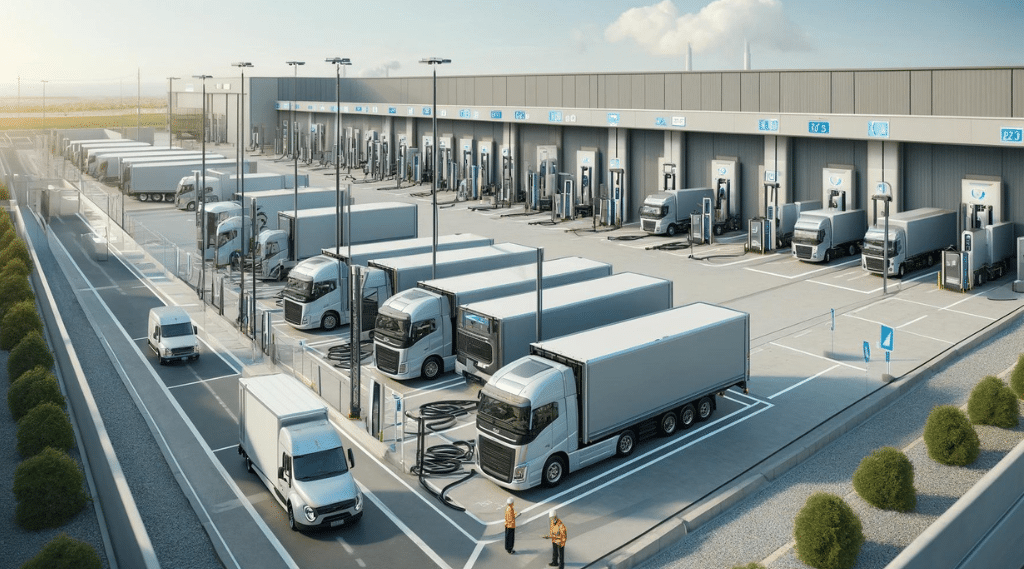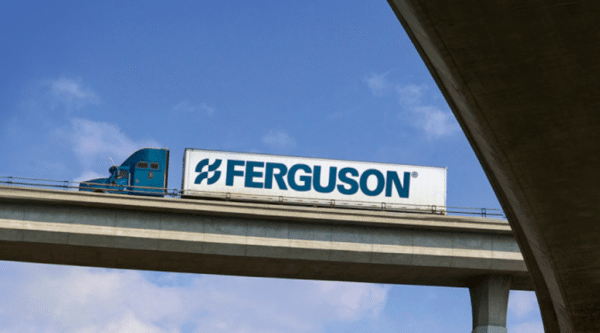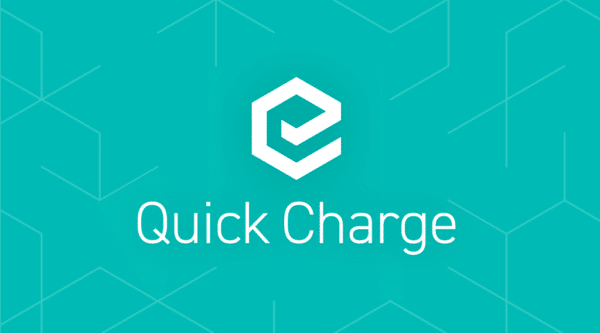Fleet managers often equate the launch of electric vehicle (EV) fleet charging infrastructure with the construction of a traditional fleet bulk fueling operation. However, the installation of a charging system is significantly more intricate and complex. Leveraging the expertise of a Charging-as-a-Service (CaaS) provider can streamline this formidable process and help you avoid time-consuming delays.
Countdown to Launch
When collaborating with a CaaS provider, DCFC and L2 fleet charging infrastructure initiatives typically require twelve months to design, permit, build, and commission. After the signing of an agreement with your CaaS provider, there are five key milestones along the path to deployment:

While twelve months is the benchmark for a CaaS partnership, it’s important to recognize that there is no one-size-fits-all approach. A CaaS provider will tailor your infrastructure plan to meet the needs of your specific fleet. Consequently, project complexity, local regulations, pre-existing electrical infrastructure, and local utility requirements, among other variables, can influence the final timeline. For instance, the interconnection process with your local utility may extend the schedule beyond the one-year mark.
Fleet managers that opt for a self-managed, or do-it-yourself (DIY) approach, to EV infrastructure projects often encounter protracted timelines that exceed the 12-month or less CaaS standard. This is because, rather than outsourcing time-consuming tasks to a CaaS partner that has experience and expertise, the fleet manager must independently identify electric vehicle supply equipment (EVSE) providers, navigate the labyrinth of local regulations and permitting requirements, negotiate with the local utility on pricing and interconnection, and complete a host of other construction-related duties.
Avoid Unnecessary Delays: Engage Stakeholders Early
The launch of a fleet EV charging infrastructure project can impact a broad spectrum of stakeholders across your organization. Like any significant construction project, early engagement of all impacted parties can eliminate time-consuming delays down the road.
The specific stakeholders you should involve will vary based on the size of your organization and where fleet operations fall within the corporate structure. However, it is essential to build consensus around your EV infrastructure project with at least the following groups:
- Fleet Operations
- Facilities Management
- Procurement Department
- Operations Management
- Executive Leadership (C-Suite)
- Finance Department
- Legal and Compliance
- Real Estate
- Supply Chain Management
How Electrada Helps
Partnering with Electrada streamlines the launch of your EV charging infrastructure. By leveraging our experience and expertise as a Charging-as-a-Service provider, you avoid the complexities of going it alone.
At Electrada, our approach involves all stakeholders as early in the discussions as possible. This provides them the opportunity to ask questions and present potential challenges, which our team can address during the planning stages. It also helps all constituents understand the streamlined, reliable, and cost-effective nature of Electrada’s 360 CaaS complete electric fuel solution.
Get in touch to learn more about Electrada’s fully integrated charging depot, offering a 99% uptime guarantee, predictable pricing for a 5-year term (or longer), and service level agreements that give you peace of mind around performance because all charging equipment operations and maintenance are covered.



